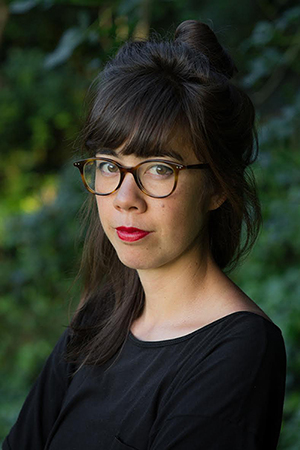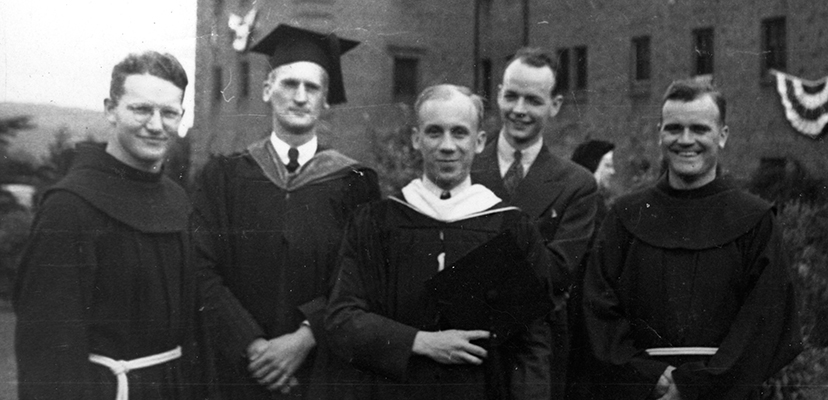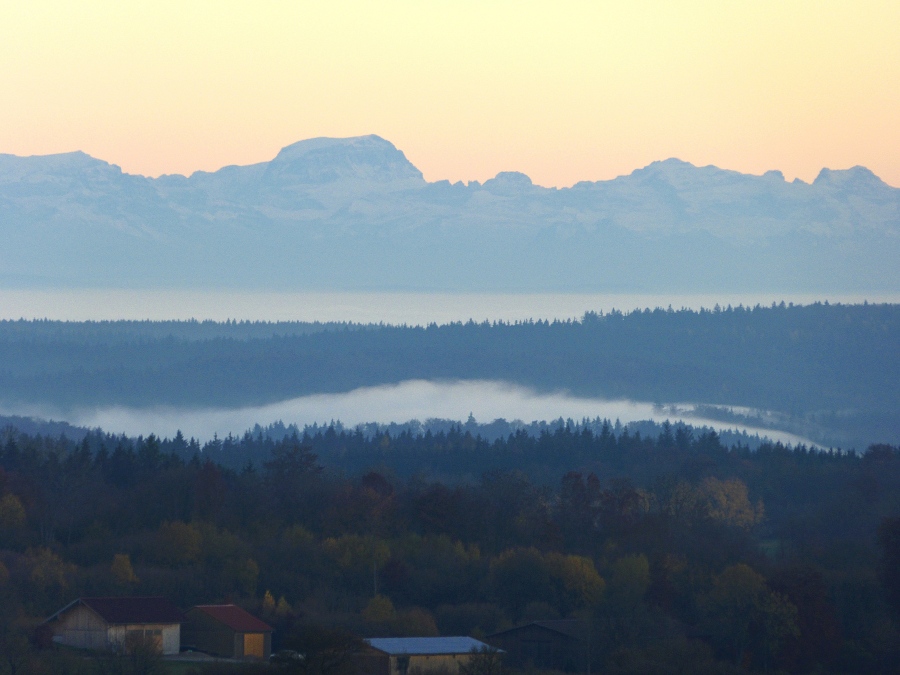Artist and writer Jenny Odell‘s 2019 best-seller How to Do Nothing: Resisting the Attention Economy is part self-help guide, part radical anti-attention economy manifesto, and part poetic reflections (including bird observations). For me, it reminded me of the tensions between work, play, and meaning.

Though I’d hate to simplify Odell’s book, a general thesis would be something like this. Our current attention economy, especially ramped up by social media, is destroying us as individuals and society at large, preventing us from getting in touch with surroundings and people, including our self. To combat this destruction, we should drop back or “drop out” and “do nothing,” dwelling in the time and place where we are at, paying attention to who we are with. This gets spelled out more in the quote I wanted to reflect on today:
The first half of “doing nothing” is about disengaging from the attention economy; the other half is about reengaging with something else. That “something else” is nothing less than time and space, a possibility only once we meet each other there on the level of attention. Ultimately, against the placelessness of an optimized life spent online, I want to argue for a new “placefulness” that yields sensitivity and responsibility to the historical (what happened here) and the ecological (who and what lives, or lived, here).
This dual movement of detaching and reengaging with something else is central to the book. Odell focuses on a specific type of re-engagement, more steeped in place and presence, as she points to here. This specific re-engagement reflects her broader values on art and ecology, but regardless of the specifics, disengaging to reengage feels like an essential skill that is often quite deliberately absent from current media trends and technology.
Tristan Harris, former Google ethicist, for example, has written and spoken extensively on the specific “dark patterns” and tactics tech uses to keep us glued to devices and apps, VR pioneer and tech activist Jaron Lanier has pointed out the dehumanizing aspects of these interfaces, and academic Shoshona Zuboff has analyzed and theorized the “surveillance capitalism” facilitated by tech and the tech economy.
Even the other side has been candid at times. As the CEO of Netflix Reed Hasting said, the company’s primary competitor isn’t other streaming services; it’s sleep.

Later on in the book, Odell reflects on this disengage-to-reengage theme in a passage drawing from Thomas Merton that I find especially insightful in these current times:
In one of those books, Contemplation in a World of Action, Merton reflects on the relationship between contemplation of the spiritual and participation in the worldly, two things the Church had long articulated as opposites. He found that they were far from mutually exclusive. Removal and contemplation were necessary to be able to see what was happening, but that same contemplation would always bring one back around to their responsibility to and in the world. For Merton, there was no question of whether or not to participate, only how:
She then quotes Merton:
If I had no choice about the age in which I was to live, I nevertheless have a choice about the attitude I take and about the way and the extent of my participation in its living ongoing events. To choose the world is…an acceptance of a task and a vocation in the world, in history and in time. In my time, which is the present.
This passage, including the Merton quote, presents an important addition to the idea of disengaging: That it often leads to a further sense of connection and responsibility, a deeper engagement. Furthermore, it helps ground and strengthen us, letting us engage more effectively and sustainably.
In other words, disengaging is not about full-on retreat or renunciation, though it may start as that. It is about giving yourself the time and space to ween off false connections and noise in order to figure out how to best spend your time and energy.

I was especially moved by Merton’s statement that “If I had no choice about the age in which I was to live, I nevertheless have a choice about the attitude I take and about the way and the extent of my participation in its living ongoing events.” Lately, and I know I am not alone, I have felt a bit bedraggled and depressed from the world today, both from more distant stresses like climate change and national politics and more personally, with my anxiety as I look toward the job market. But, at least at some base level, I have a choice on how to face these challenges, though that choice–or strength–may be hidden or drowned out by the attention economy.
So, for a span today, I am going to do nothing. In a sense, writing this has been in line with that–along with the music gently thrumming through my speakers.
P.S. I first discovered Odell with her interview on The Ezra Klein Show, which I fully recommend, as well as the followup about burnout and coping with COVID-19.


![[image from phrases.org]](https://backyardphilosophy01.files.wordpress.com/2014/07/hunter-s-thompson-phrases.jpg)




 You don’t fall in love like you fall in a hole. You fall likefalling through space. It’s like you jump off your own private planet to visit someone else’s planet. And when you get there it all looks different: the flowers, the animals, the colours people wear. It is a big surprise falling in love because you thought you had everything just right on your own planet, and that was true, in a way, but then somebody signalled to you across space and the only way you could visit was to take a giant jump. Away you go, falling into someone else’s orbit and after a while you might decide to pull your two planets together and call it home. And you can bring your dog. Or your cat. Your goldfish, hamster, collection of stones, all your odd socks. (The ones you lost, including the holes, are on the new planet you found.)
You don’t fall in love like you fall in a hole. You fall likefalling through space. It’s like you jump off your own private planet to visit someone else’s planet. And when you get there it all looks different: the flowers, the animals, the colours people wear. It is a big surprise falling in love because you thought you had everything just right on your own planet, and that was true, in a way, but then somebody signalled to you across space and the only way you could visit was to take a giant jump. Away you go, falling into someone else’s orbit and after a while you might decide to pull your two planets together and call it home. And you can bring your dog. Or your cat. Your goldfish, hamster, collection of stones, all your odd socks. (The ones you lost, including the holes, are on the new planet you found.)